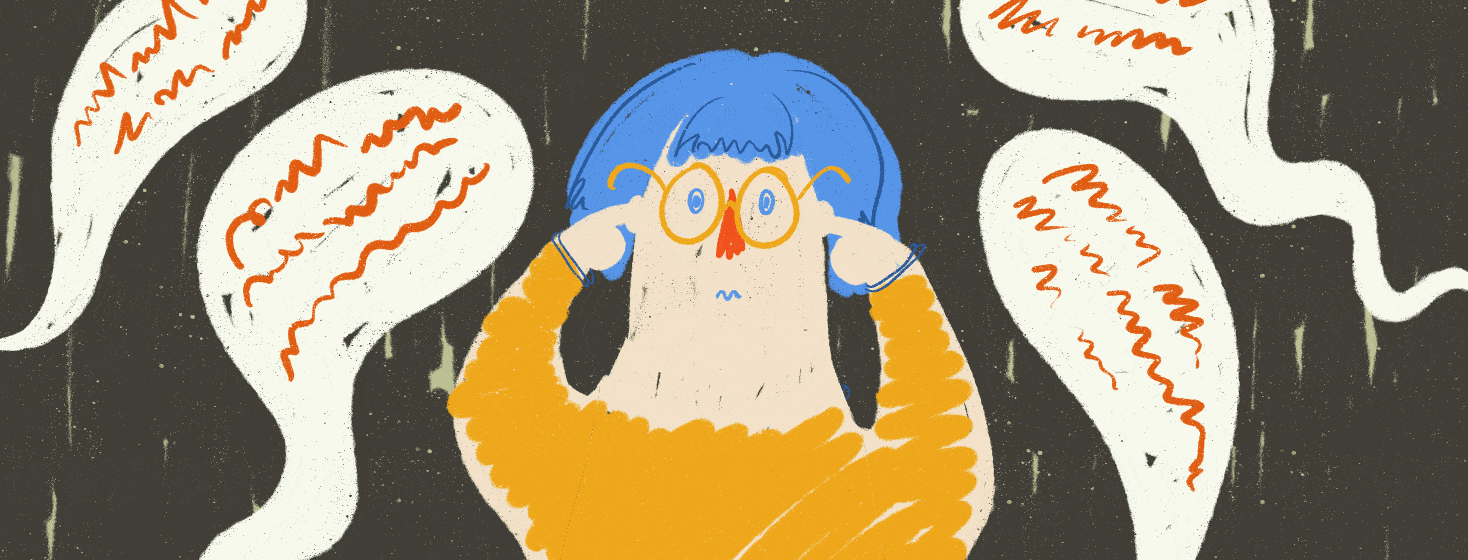To Know or Not to Know
To know or not know, that is the question.
I’m no Shakespeare but I know that his characters often face catastrophic decisions. That’s no less true for patients with blood cancer.
I was recently reading a forum for patients with chronic myeloid leukemia (CML), not this one, where a woman was worried about her mother who has the condition.
The mom has CML, had a bone marrow biopsy and a BCR/ABL test as well as regular bloodwork.
Neither mom nor daughter knew any of the results. Let me be clear. They didn’t know anything because the mother felt too nervous about receiving the information and the daughter did not want to upset her by asking for it.
One part of the story is that the patient is in her 60s so her daughter wondered if her CML would just run its course because she was too old to do anything about it.
What?
You can imagine my thoughts. I hope both daughter and mother change their minds and get some answers soon.
Not staying in the dark
I don’t know about any of you, but I’m kind of nosy. When I found out I had leukemia more than six years ago, I wanted answers ASAP.
I was not about to submit to massive amounts of blood work and then sit back in the dark because the results might be alarming or troubling. And so began the process.
Whenever my CML specialist prepares me for less than stellar news, he turns his chair around across from me and looks me in the eyes, and says, “You want it straight, don’t you Susan?”
My reply is always “yes,” and then I’m told x, y, and z and take it from there.
What is the problem? What does it mean in the scheme of my disease? What’s to be done about it? What else should I know? You get the idea.
A reality check reminder
More than once, when I was besieged with other medical problems, the specialist would turn his chair around, look me in the face, and repeat, “Susan, you have leukemia.”
In other words, the other issues have to be dealt with, of course, but periodically he reminds me about the big picture. He and even my primary doctor remind me about the big battle I should focus on fighting.
There is no way I’d ever be kept in the dark about my condition again. I had that experience of being blown off and in the dark about my health leading up to my diagnosis. For whatever reason, that primary doctor ignored my blood work and chalked my complaints up to me being older (was in my 40s at the time), stressed out, menopausal, a hypochondriac... boy, was she wrong.
I want to know everything. Thank God it was in another part of the state and I’m in better hands now. So, when I hear the “Susan, you always want it straight, right?” and see the chair start to turn, I’m prepared to buckle up and hear significant, sometimes bad news. We know ourselves best and that preference of mine may not be for everyone.
Wherever you are, CMLers, I wish you all the best and encourage you to be your own advocate and support system as we navigate this difficult leukemia.
What about you? Do you want to hear news even if it’s bad?

Join the conversation